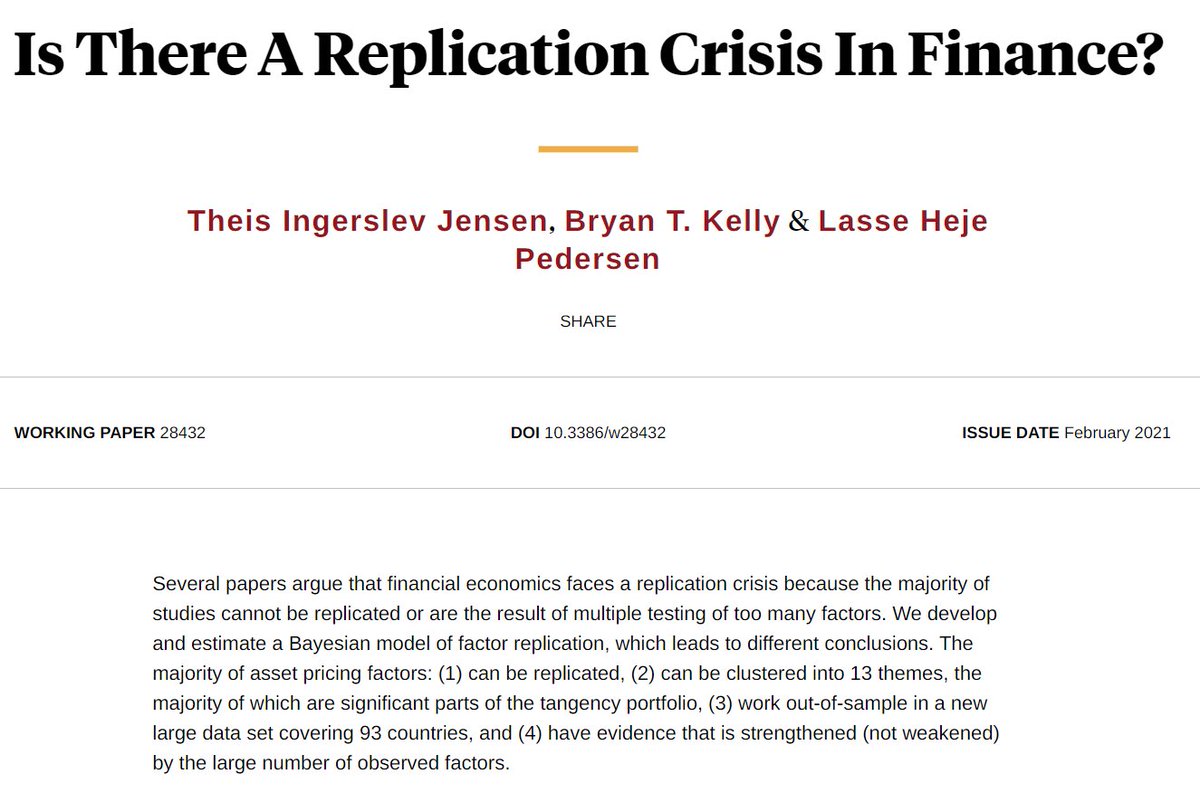
Random thought: there seems to be "hidden curriculum" stuff in many lines of work. Academia, of course, but also: how to schmooze your way into a tech internship/offer, how to get onto good projects, be visible, and get promoted quickly in tech,
What specific combination of extracurriculars gets you into Harvard without buying the fencing coach a house or winning the IMO, etc
My parents think this is a fairly "hidden curriculum-heavy" era. Perhaps they are biased by their experience, growing up in post-cultural-revolution China. Exams were newly re-established, basically meritocratic and without many loopholes. Maybe most eras look like our era
My observation is that there are a lot of commonalities behind "hidden curricula" in different areas. Off top of head:
- The nominal rules that govern the system are generally very different from the actual rules
- Nobody will say the actual rules in a publicly attributable way
- The nominal rules that govern the system are generally very different from the actual rules
- Nobody will say the actual rules in a publicly attributable way
- Nice seniors are generally fairly happy to tell you the actual rules in private, over a beer, etc.
- People at your level generally tend to be confused about what the rules are: what is commonly believed often differs significantly from what is true
- People at your level generally tend to be confused about what the rules are: what is commonly believed often differs significantly from what is true
Some examples: in hindsight, around 70-80% of the "resume hacking" that we did in high school to get into Harvard was unsubstantiated rumors. Similar for internship-finding in college, and writing papers in grad school. There was a hack, we just didn't know what it was
I'm not sufficiently familiar with other fields to know what goes on there but from hearsay there seem to be many commonalities
Personally, I think I was originally awful at navigating these kinds of systems, but now I think I'm fairly good. I attribute this to mainly two things: college apps and working in tech
I sort of played college apps the "straight and narrow" way, just working hard in school, and got killed - 1 acceptance out of 15 apps over 2 years. Got into UChicago, but think I could have done better had I known the "game", and was pretty aware of it. Lesson learned.
Then after I did pretty well in college, I got a job at Facebook, and didn't think I did very well. Partly because I was a bit of an arrogant prick, but also because I didn't spend enough time "learning the rules" so to speak
But I think I learned from these experiences some general principles, like the few I started the thread with, and these seem surprisingly generally applicable
First thing I do now, when I'm in a new-ish setting, is try to scope out the "hidden curriculum", which was not my natural first reaction in these kinds of settings
Anyways, the main point of the thread is, I think these ideas/skills are basically teachable, but I haven't seen any good source try to distill/teach it. Closest thing I've seen might be @vgr's work, e.g. Gervais principle and such, which I really appreciate
It seems like there would be value in some kind of pop nonfiction book aimed at teaching kids these things. I actually read "how to win friends and influence people" as a kid for example, and liked it. And these skills seem general enough that a broad-interest thing is possible
I am personally kind of biased as I think I "survived" despite being pretty bad at it to begin with, so of course I want to see more people naturally bad at this stuff acquire these skills. But more objectively, is it efficient for the world to select for these kinds of skills?
The trite/obvious/nice-to-hear answer is "no" but there is a world in which these kinds of skills are sufficiently correlated with general ability that it's efficient to select for these. not like standardized tests are great (IMO) at selecting for any real abilities
Out of other observations for now. But my basic thought is that some part of this seems like a solvable problem, though I am not sure how to solve it (other than writing countless tweet threads about academia's hidden curriculum...)
And another reason I dislike "hidden curricula" is that the obvious hack is to have "insider parents" or buddies, and this serves as IMO a fairly big barrier to mobility. From personal experience, having academic parents is basically playing on easy mode
• • •
Missing some Tweet in this thread? You can try to
force a refresh








